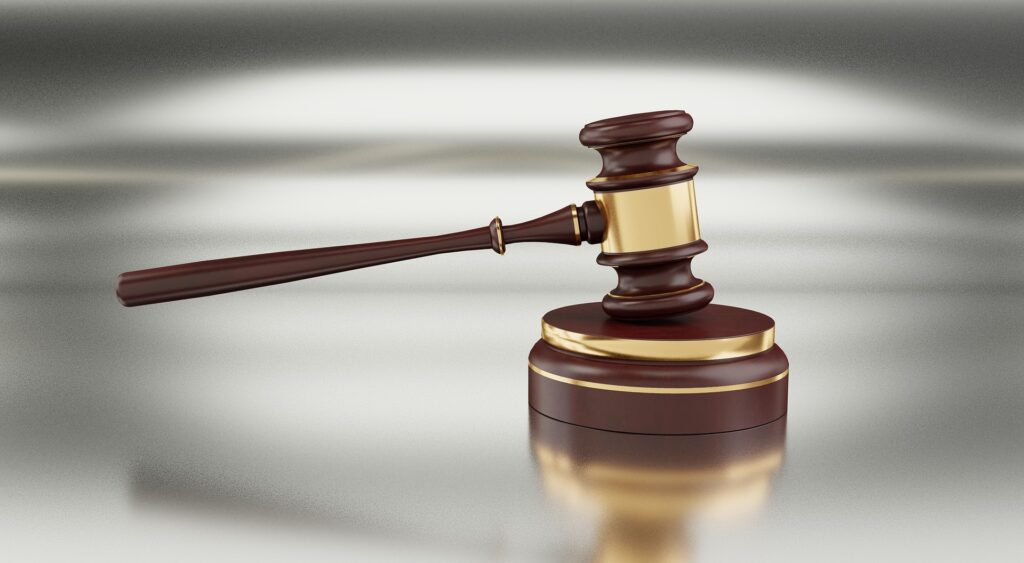FACTS:
Petitioners Capistrano Daayata, Dexter Salisi, and Bregido Malacat, Jr. were charged with frustrated murder.
Upon arraignment, all three accused, now petitioners, pleaded not guilty. Trial then ensued.
According to the prosecution, on December 16, 1995, at about 6:00 p.m., Bahian went to the house of Kagawad Abalde to report to Kagawad Abalde a violent altercation between him and the petitioners in the course of a basketball game earlier that afternoon which he claimed started when Salisi had committed a foul against him, making him fall to the ground. Malacat positioned himself to punch Bahian. Bahian, however, dodged the blow. Daayata then came, pointing a gun at Bahian. Bahian then backed off and pleaded for peace.
Upon examination, Dr. Arreza made the following findings on Bahian: “depressed fracture, open frontal bone, left.”
Bahian was noted to have possibly died, if not for the timely medical intervention. Dr. Mata subsequently performed surgery on Bahian.
Petitioners Salisi and Malacat claimed that they were having coffee at the house of Vicente Daayata, brother of petitioner Daayata, in the morning of December 17, 1995. Bahian arrived, together with Kagawad Abalde, and called for Salisi to come out.
When Salisi acceded, Bahian challenged him to a fight and threw the first punch that started a scuffle. In the course of the melee, Bahian took a swing for Salisi, who ducked, causing Bahian to lose his balance. Bahian then fell on the pavement and hit his head. Kagawad Abalde then drew a gun, poked it at Salisi, and threatened to kill him.
For his part, petitioner Daayata claimed that he was in his house, some 50 meters away from Vicente’s house when the incident recalled by petitioners Salisi and Malacat transpired. He rushed to Vicente’s house upon hearing a commotion. There, he saw Bahian and Kagawad Abalde, who was pointing a gun at Malacat
The Trial Court found petitioners guilty beyond reasonable doubt of frustrated murder.
On appeal, the Court of Appeals sustained the Regional Trial Court’s conclusions. It affirmed the penalty imposed by the Regional Trial Court, but replaced the award of actual damages to temperate damages.
Following the denial of their Motion for Reconsideration, petitioners filed the present Petition.
ISSUE:
Whether petitioners are guilty beyond reasonable doubt of frustrated murder.
RULING:
A careful review of this case and of the body of evidence that was available for the RTC’s perusal reveals that there has been a gross misapprehension of facts on the part of the RTC and the CA. Thus, we reverse and acquit petitioners Daayata et al.
The defense points out several facts, which lend greater plausibility to its claim that the possibly fatal injury sustained by Bahian on his forehead was not inflicted by any of the petitioners, and that petitioners did not initiate an assault against Bahian. Negating the fact of the alleged perpetrators’ assault and infliction of a potentially fatal injury negates the corpus delicti of the offense charged.
“Physical evidence is evidence of the highest order. It speaks more eloquently than a hundred witnesses.” They have been characterized as “that mute but eloquent manifestations of truth which rate high in our hierarchy of trustworthy evidence.”
Thus, in People v. Vasquez, this Court refused to undiscerning lend credence to the incriminating assertions of prosecution witnesses as to an alleged mauling, and stated that “[t]his Court cannot be persuaded by the prosecution’s claim of perpetration of physical violence in the absence of any marked physical injuries on the various parts of the victim’s face and body.”
As the defense correctly points out, if the prosecution’s assertion of a relentless assault were true, the greater probability was that Bahian must have been “black and blue all over.”
Quite contrary to the sort of physical evidence that a purported relentless and prolonged assault should have reasonably yielded, however, there was but one injury that Bahian was noted to have sustained.
Likewise, Bahian himself was noted to have admitted that his head injury was “caused by [him] hitting the edge of the concrete pavement.”
Finally, several witnesses – both from the defense and the prosecution – have belied the prosecution’s claim that petitioners Daayata, Malacat, and Salisi wielded a gun, a bolo and an iron bar, respectively.
Proof beyond reasonable doubt charges the prosecution with the immense responsibility of establishing moral certainty. The prosecution’s case must rise on its own merits, not merely on relative strength as against that of the defense. Should the prosecution fail to discharge its burden, acquittal must follow as a matter of course.

